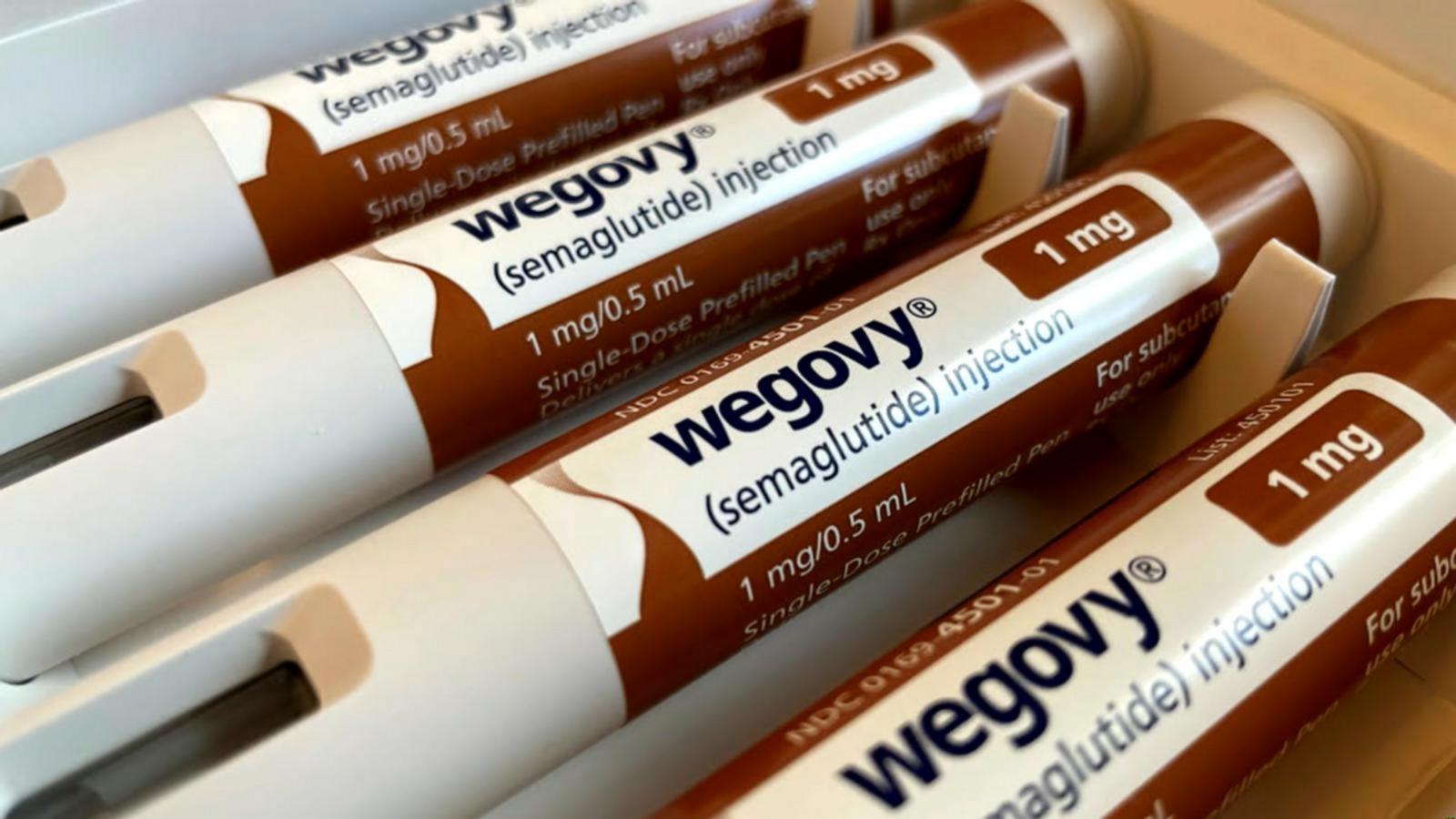Study at a Glance
Title: “Assessing the Impact of GLP-1 Receptor Agonists on Sexual Desire: A Qualitative Review”Authors: H. Quaile & R. Horwitz
Journal: Journal of Sexual Medicine — published 1 April 2025
Why This Matters
Glucagon-like peptide-1 receptor agonists (GLP-1 RAs) such as semaglutide and liraglutide have become mainstays for type 2 diabetes and obesity management—delivering impressive weight-loss and cardiometabolic benefits. Yet sexuality, a key dimension of quality of life, has received surprisingly little attention in the rush to celebrate their metabolic success. This qualitative review puts sexual desire under the microscope, asking: Do GLP-1 RAs inadvertently dampen libido, and if so, why?Objectives
- Detect Association – Determine whether GLP-1 RA therapy correlates with reduced sexual desire.
- Unpack Mechanisms – Explore mediators such as weight-loss magnitude, glycaemic control, psychological health, and drug side-effects that might drive libido changes.
Methods in Brief
- Scope: Peer-reviewed studies (2019-2024) drawn from PubMed and Scopus.
- Tool of Interest: Decreased Sexual Desire Screener (DSDS) where available.
- Approach: Systematic review (MOOSE guidelines) followed by thematic coding of qualitative and patient-reported outcome data.
Key Findings
| Theme | Core Insight |
|---|---|
| Physical vs. Psychological Push-Pull | Patients celebrated weight-loss and better glucose metrics yet paradoxically reported waning sexual desire. |
| Emotional & Relational Strain | Diminished libido often created tension with partners and personal frustration over the “healthier body, lower desire” disconnect. |
| Self-Image Flux | Some felt newly confident post-weight loss, boosting desire; others battled residual body-dissatisfaction that blunted libido. |
| Medication Side-Effects | Fatigue, GI upset, and nausea—common with GLP-1 RAs—frequently undermined interest in sexual activity. |
Clinical Take-Home Messages
- Screen Proactively: Routine use of brief tools like the DSDS can surface libido concerns early, preventing silent suffering.
- Contextualise Success: Celebrating weight-loss milestones should go hand-in-hand with open conversations about intimacy and relationship dynamics.
- Integrate Care: Collaboration among endocrinologists, primary-care providers, and sexual-health specialists ensures a more holistic treatment plan.
- Manage Expectation & Side-Effects: Address fatigue or GI issues aggressively; small adjustments (timing of doses, anti-nausea strategies, nutritional tweaks) may restore desire.
Where Research Should Go Next
- Prospective Cohorts: Long-term libido tracking pre- and post-GLP-1 initiation would clarify causality.
- Mechanistic Studies: Hormonal, neurochemical, and psychometric profiling could reveal why some patients’ desire rebounds while others’ plummets.
- Intervention Trials: Testing behavioral and pharmacologic strategies to counteract libido loss will translate findings into practice.














